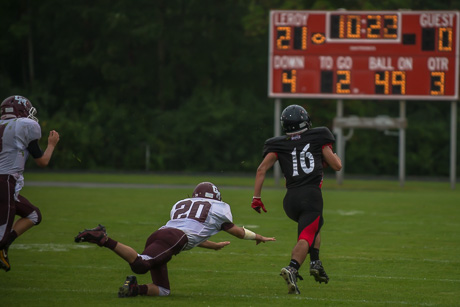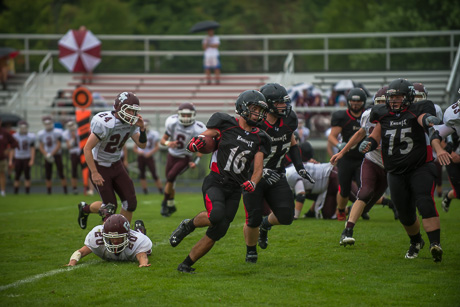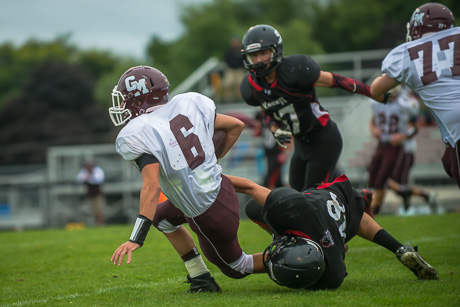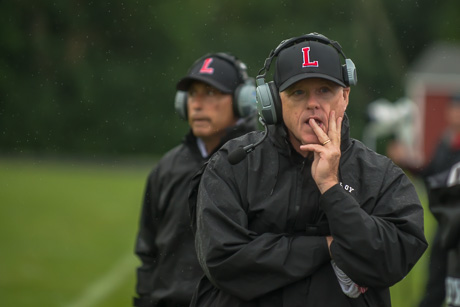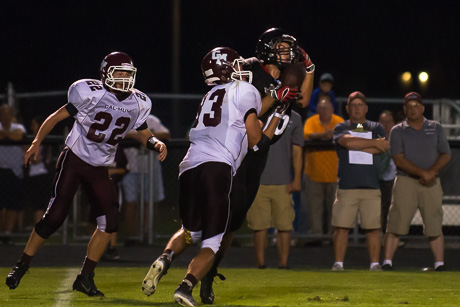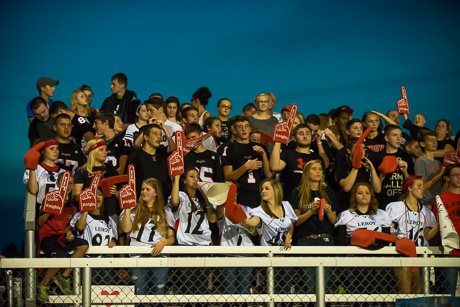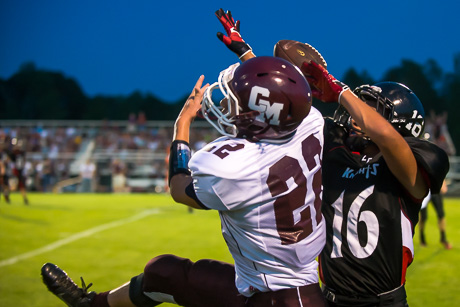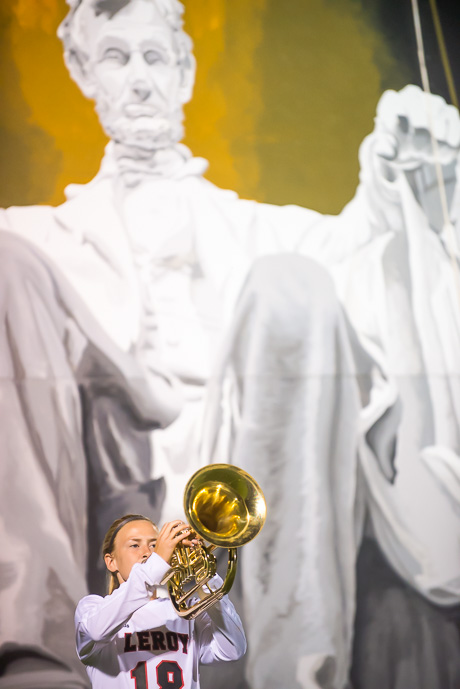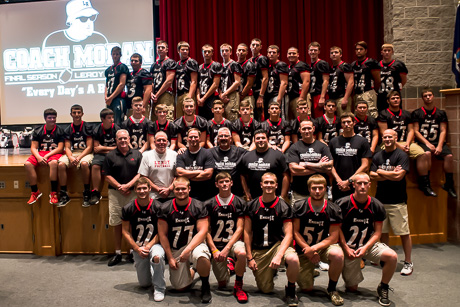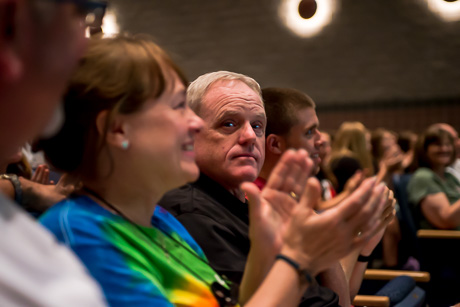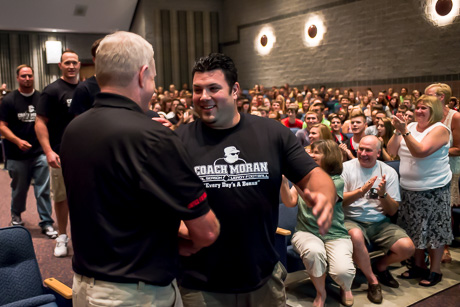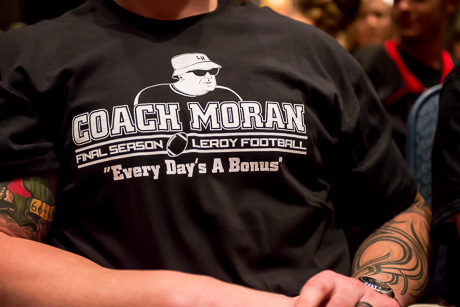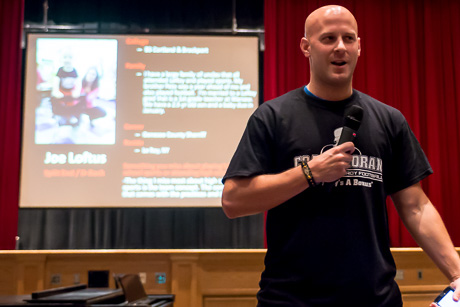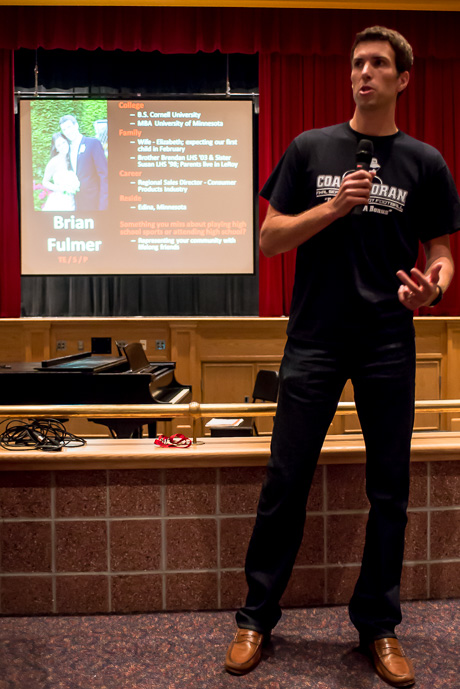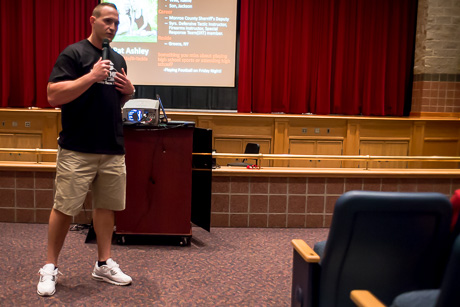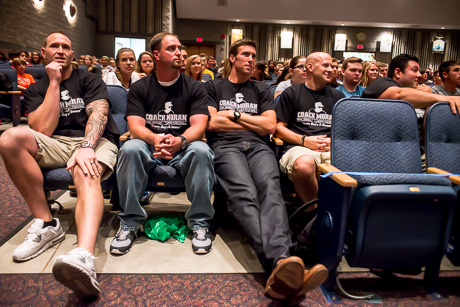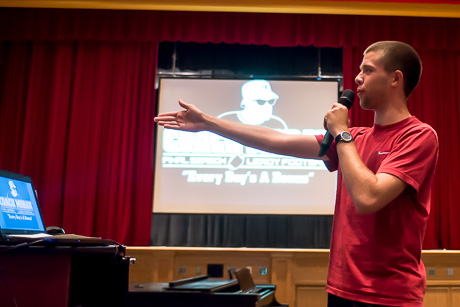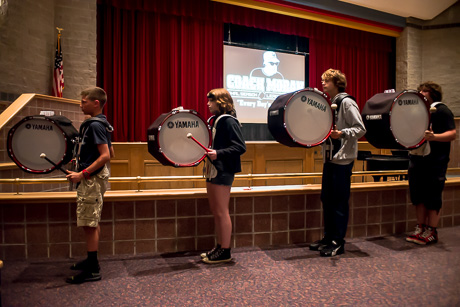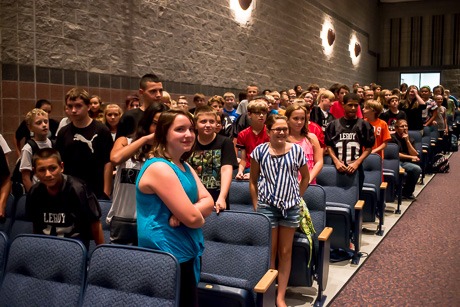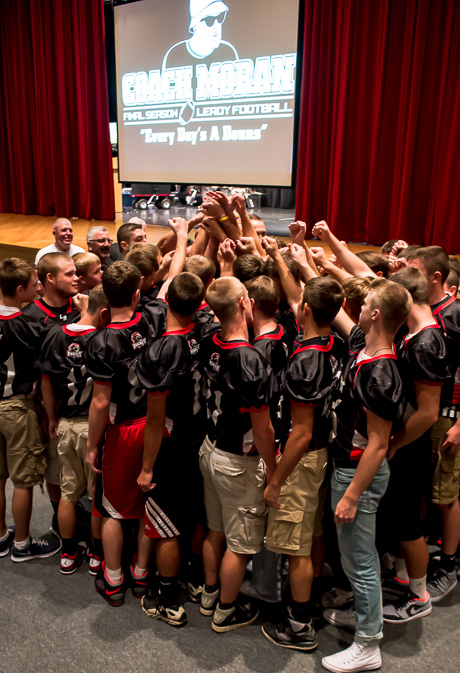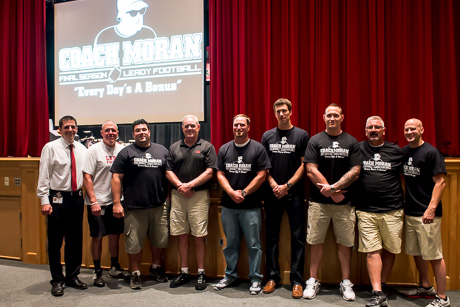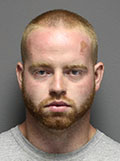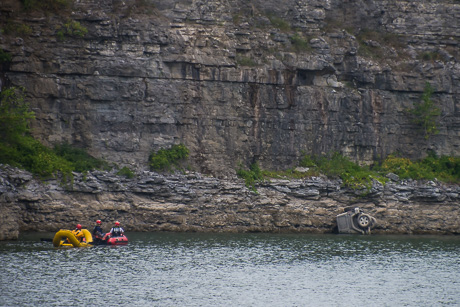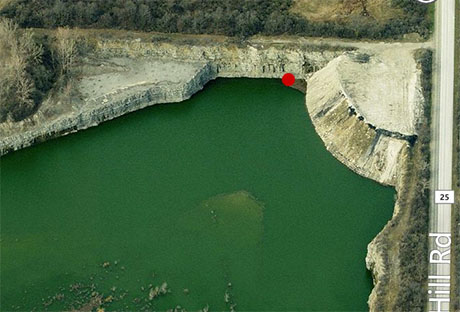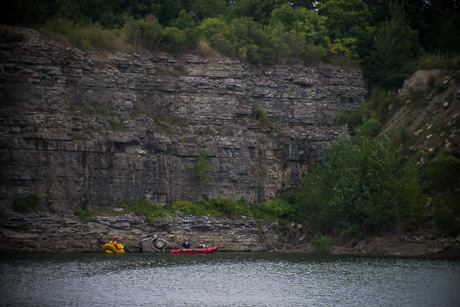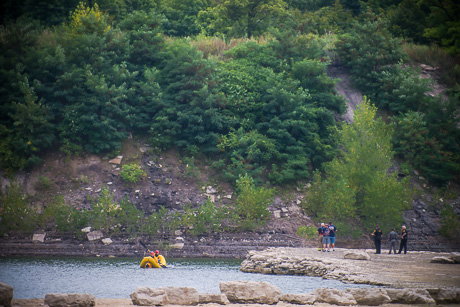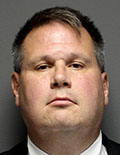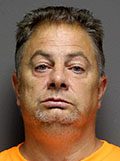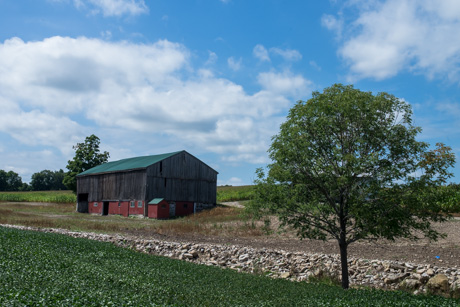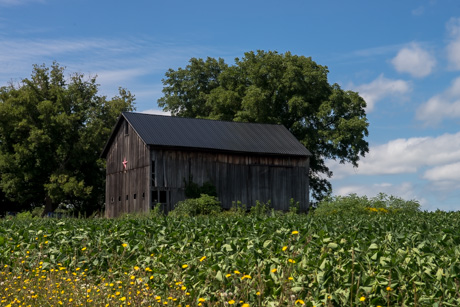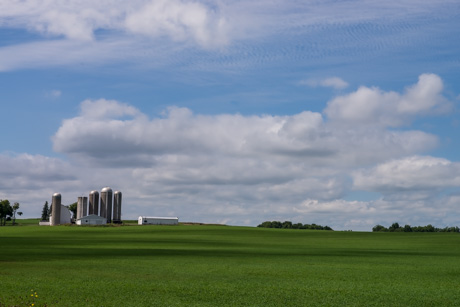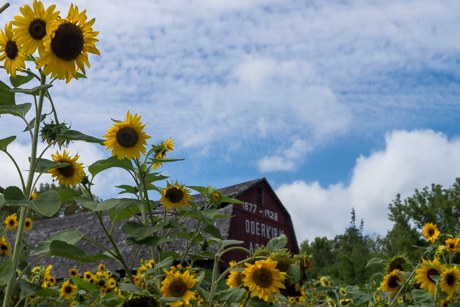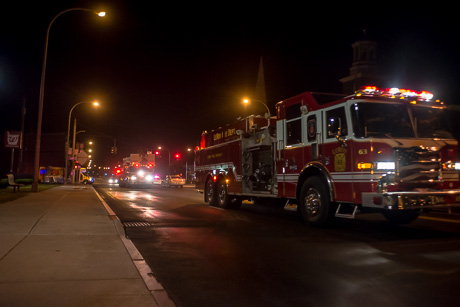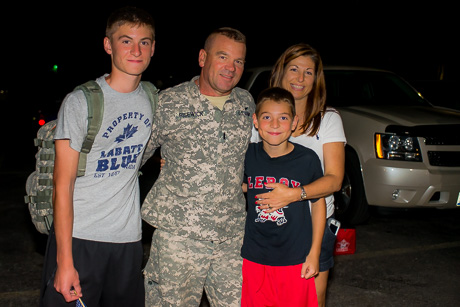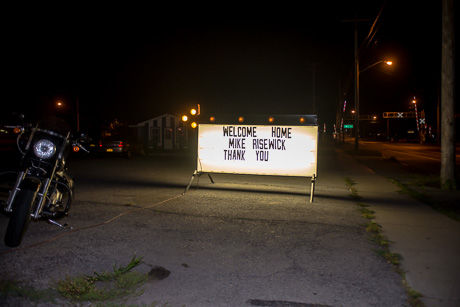Marney Cleere, one of the co-plaintiffs in the pair of lawsuits filed against Frost Ridge over alleged zoning violations and live music at the venue, spent a lot of time on the witness stand today.
Cleere was called to testify in a hearing aimed at establishing when the statute of limitations' clock started ticking on a Le Roy Zoning of Board of Appeals determination that all activities at Frost Ridge are "grandfathered in," and whether that ZBA determination was made properly.
David Roach, the attorney Frost Ridge, and the campground's owners, Greg and David Luetticke-Archbell, called Cleere to try and establish what the Oatka Trails Road resident knew about the Sept. 25 ZBA decision and the day she knew it.
If she knew about it before April 8, it could mean there is evidence to establish that her and her co-plaintiffs did not file their complaint in a timely fashion. Depending on how Noonan interprets the law and case law, that could mean at least a portion of their suit against Frost Ridge could be thrown out of court.
Cleere testified today that she received a copy of the minutes from the Sept. 25, 2013 ZBA meeting on March 26, 2014.
Getting that admission from Cleere took dozens and dozens of questions from Roach and attorney Karl Essler, representing the ZBA, which is a co-defendant in the Cleere/Collins lawsuit.
Frost Ridge is also being sued by the Town of Le Roy.
Roach started his questioning by establishing that Cleere had an e-mail address with a username and password that only she could access.
He then showed her an e-mail from Patty Canfield, the Le Roy town clerk, to her e-mail address.
Cleere never admitted to having previously seen the e-mail, but said she couldn't say that her e-mail account was hacked or that the e-mail could be fraudulent.
Once, when asked by Roach if the e-mail was sent to her, she responded: "It has my e-mail address on it, yes."
The e-mail is from early October.
It appears to have had three attachments (not included with the printed e-mail used as evidence). Those attachments were supposedly the ZBA minutes from June 11, July 23 and Aug. 27.
Roach quoted Canfield as writing, "I believe they will approve Sept. 25. minutes at next meeting."
Asked if the e-mail from Canfield was in response from Cleere for a copy of the Sept. 25 meeting minutes, Cleere said she would have to review her e-mails to answer the question.
She had no recollection of requesting those specific minutes from the town.
Later in her testimony, Cleere said she didn't request them until March because she didn't know that the minutes existed nor that Frost Ridge was discussed at the Sept. 25 ZBA meeting. Her request was prompted by communications with attorneys from both sides of the dispute, according to her testimony.
Asked several times in different ways if she took any action between October and March to obtain a copy of the Sept. 25 meeting minutes, Cleere responded, "I didn't know of that meeting, so what would have caused me to request those minutes?"
She obtained the copy of the Sept. 25 minutes from Code Enforcement Officer Jeff Steinbrenner, who, according to testimony by himself and other prior witnesses, kept all the minutes in a file in his office.
Cleere also testified -- while being questioned by her attorney Mindy Zoghlin -- that she became angry when she learned about the Sept. 25 meeting in March.
"Obviously, we were furious that we weren't made aware of this meeting," Cleere said. "We didn't understand why we weren't made aware of this, why it took six months."
Cleere said the package of material she received from Steinbrenner contained no application from Frost Ridge, no supporting documents and no notice of public hearing.
Part of what Zoghlin is trying to establish is that the ZBA's determination lacked jurisdictional validity.
If she can show that the ZBA acted outside the scope of the law, the Sept. 25 determination would be meaningless and, potentially, the statute of limitations question becomes moot.
Zoghlin spent a lot of time today questioning David Luetticke-Archbell about his interpretation of communications from the town, what they meant, what he understood and what he believed, all in an effort to draw a distinction between the campsite zoning issues at Frost Ridge and the issue of live music.
Zoghlin argued that the zoning issues and the music issue are completely separate issues. The zoning issues, according to her, require a zoning variance, while the live music issue requires an area variance, a use variance or a special-use permit.
If the ZBA wasn't considering live music at its Sept. 25 meeting (and Board Chair Debbie Jackett testified clearly that it did), then the ZBA determination is reduced to only a consideration of campsite placement and use.
As Zoghlin repeatedly asked questions to try and get Luetticke-Archbell to discuss these topics as separate issues, often with objections from Roach, the parade of objections eventually flared up, resulting in both attorneys making lengthy arguments to Noonan about why, or why not, the line of questioning was relevant.
"We can't just pull out of thin air the separation of the two issues because the record already states they're one issue," Roach said.
"The record" being a reference to a couple of documents already in evidence, including a letter from Steinbrenner to Frost Ridge that treats live music as just one in many alleged zoning violations.
"The communication that triggered the ZBA hearing didn't come directly from code enforcement (a reference to a supposed copy-and-paste by Steinbrenner of a message from Town Supervisor Steve Barbeau)," Zoghlin said. "That communication, while inartfully drawn, had the effect of mixing up and confusing two issues. ...
"When we get to the jurisdictional issue," Zoghlin continued a statement or two later, "NYS town law and Town of Le Roy zoning code requires an application so we can avoid this kind of problem, so when the ZBA considers something, they have some type of idea exactly what they are being asked to rule on.
"There's no application here," she said. "To say the documents speak for themselves doesn't really help. To compound the problem, nothing was published anywhere so that anybody in town had any inkling the ZBA might consider a determination. The entire procedure is flawed from beginning to end so that it doesn't determine anything. I don't understand the thought process that says they're not asking for two things that are totally different in a way that makes any sense."
Noonan overruled Roach's objection, but also expressed skepticism about Zoghlin's line of questioning.
"Maybe I'm missing something," Noonan said. "I realize zoning is a highly technical issue conducted by lay people who sometimes make mistakes in the process, but I don't see how going through the thought process of people gives us any enlightenment that will help me to decide this case when the case is based on documents."
With the hearing completed today, now we wait.
The attorneys will draft memos of facts and case law for Noonan to consider prior to issuing his ruling. Those documents are due Sept. 29. Noonan didn't indicate how long it would be after that before he issues a ruling on these motions.
Without a complete dismissal of the case, there will be more court appearances before the lawsuits are decided.
In the meantime, the Marshall Tucker Band is scheduled to play The Ridge on Sept. 6.
Noonan continued his order lifting the ban on live music at Frost Ridge, which allows the Sept. 6 concert to go forward as planned.
Two shows that were previously postponed because of the restraining order. John Michael Montgomery and Jason Michael Carroll have been rescheduled to dates near the end of October. The fate of those shows may depend on the status of the legal case at that time.

